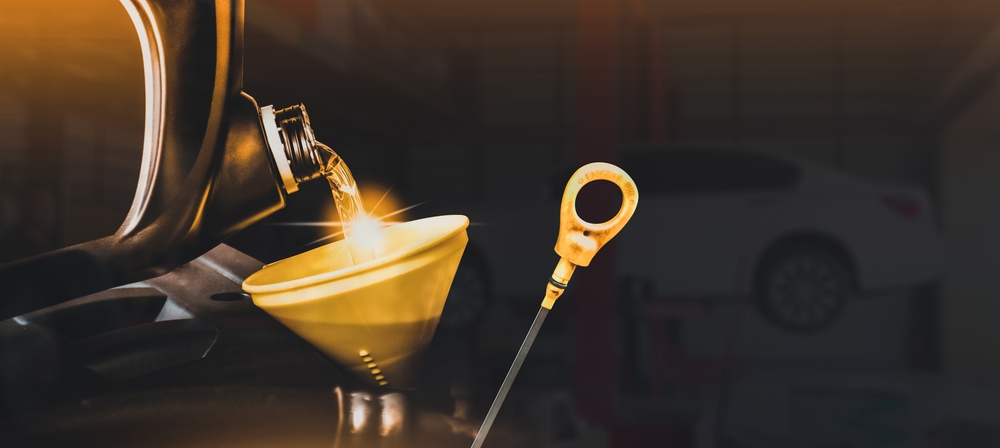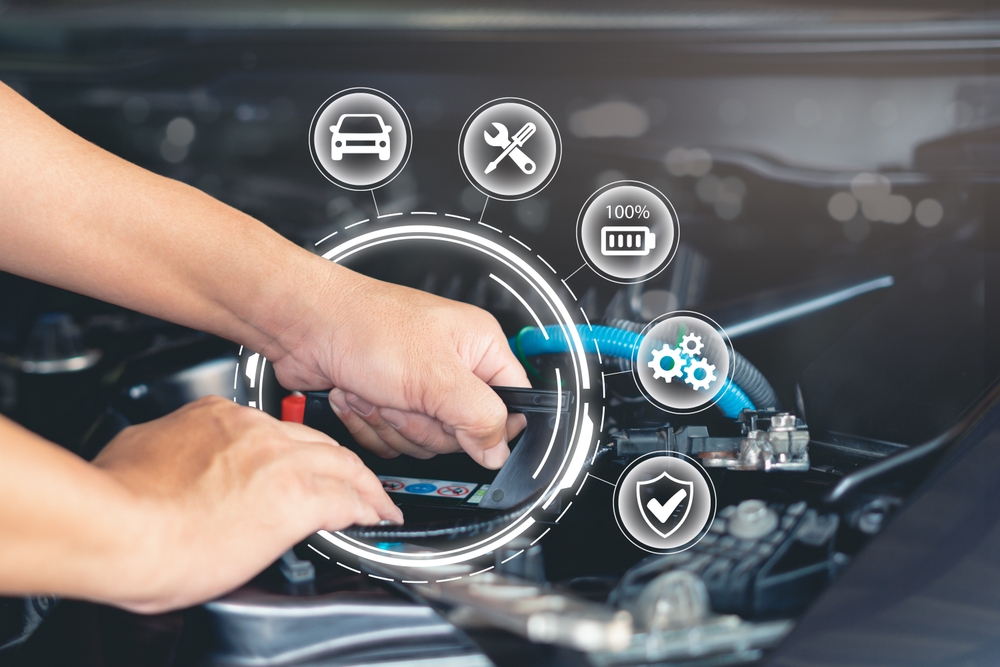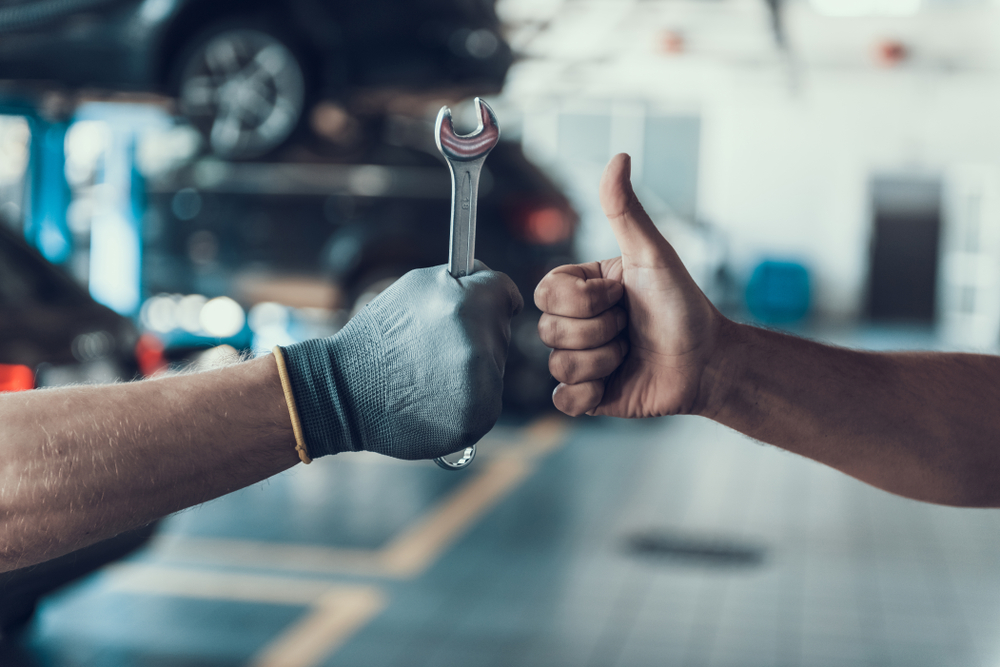Importance of regular servicing for optimal vehicle performance
Your car is a dependable travel companion that you take on countless trips with; it’s more than just a means of transportation. It needs to be maintained on a regular basis to ensure longevity and peak performance. We’ll discuss the importance of car care in this guide and offer vital advice for keeping your car in good working order.
Knowing the Fundamentals of Continual Maintenance:
Basic car maintenance includes things that are important to the overall health of your car. Let’s examine the essential elements of routine maintenance and see how each job is vital to maintaining the health of your car.
- Oil Changes: Your engine’s lifeblood, preventing damage and guaranteeing peak performance, are routine oil changes. Depending on driving habits and oil type, change the engine oil every 3,000 to 5,000 miles or every three to six months.

- Tire rotations: A number of factors can cause uneven tire wear. Frequent tire rotations encourage uniform wear, extending the life of the tire, increasing traction, and boosting general safety. Rotate your tires as advised by the manufacturer of your car every 6,000 to 8,000 miles.
- Filter Replacements: Replacing filters is important because they keep various car systems operating properly. Examples of filters that are essential are fuel, cabin, and air filters. Frequent replacements avoid possible harm to delicate components and enhance engine performance, fuel efficiency, and air quality.
Formulating a Schedule for Maintenance:
It is imperative to have a meticulous maintenance schedule that is customized to the make, model, and mileage of your car. Let’s discuss the significance of making a maintenance schedule and offer an example with suggested time frames for different tasks.
- Oil Changes: Depending on driving habits and oil type, change engine oil every 3,000 to 5,000 miles or every three to six months.
- Tire rotations: Follow the manufacturer’s recommendation and rotate your tires every 6,000 to 8,000 miles.
- Filter Replacements: As directed by the manufacturer, replace cabin and air filters every 12,000 to 15,000 miles.
- Fluid Checks: As directed by the owner’s handbook, routinely check and replenish vital fluids such as the engine coolant, brake fluid, transmission fluid, and windshield washer fluid.
- Brake Inspection: As advised by the manufacturer, have brakes inspected every 12,000 to 15,000 miles.
- Inspection of Belts and Hoses: Check belts and hoses for fraying, wear, or cracks, and replace as necessary or advised.
DIY vs. Expert Maintenance: Making Knowledgeable Choices
Evaluating the benefits and drawbacks of both DIY and professional maintenance is necessary when making this decision. Let’s contrast the two and provide advice on how to make wise choices.
DIY Maintenance:
- Benefits: Convenience, opportunity for learning, and cost savings.
- Cons: Time and effort commitment, error risk, and insufficient experience for intricate repairs.
Expert Upkeep:
- Benefits: Knowledge, time savings, access to specialized tools, and warranty considerations.
- Cons: Expense and reliance on expert assistance.
Advice:
Evaluate your abilities and the task’s complexity.
Do it yourself for simple repairs; hire an expert for more complicated ones.
For professional assistance, form a partnership with a dependable mechanic.
Alert Signals and Diagnostics: Maintaining the Health of Your Car:
It’s essential to recognize warning signals and troubleshoot basic maintenance tasks in order to take immediate action. Let’s look at some typical warning indicators and provide self-service troubleshooting advice for car owners.
Alert Signs:
- Check Engine Light: Signals an issue; run a diagnostic to find out more.
- Unusual Noises: locate the source of the noises so that specific repairs can be made.
- Warning Lights: Refer to the handbook for instructions. Various lights indicate different issues.
- Fluid Leaks: To stop additional damage, find and fix fluid leaks as soon as possible.
Troubleshooting Advice:
- Problems with the battery: Inspect the connections for rust, jump-start, or replace as necessary.
- Tire Pressure: For best results, check and adjust your tires’ pressure on a regular basis.
- Replace worn-out wiper blades on your windshield to increase visibility.
- Look for blown fuses that are the source of electrical problems.
The Advantages of Frequent Maintenance:
Maintaining your car on a regular basis is an investment in its long-term functionality, safety, and health. Let’s examine the outstanding benefits of routine maintenance.

- Enhanced Fuel Economy:
Maintenance on a regular basis improves performance and increases fuel efficiency.
Overall fuel efficiency is improved by air filter replacement, tire pressure maintenance, and oil changes.
- Extended Duration of Vehicle Life:
Prolongs the life of your car by preventing minor issues from becoming serious ones.
Taking care of maintenance tasks helps to maintain the integrity of important parts.
- Increased Security:
For maximum road safety, make sure your tires, brakes, and lights are in good condition.
Regular inspections help to find and solve possible safety issues before they become more serious.
- Savings over time on costs:
Stops expensive repairs and unplanned malfunctions.
Long-term cost savings are achieved through proactive maintenance, which prevents major component failures.
In summary:
Regular maintenance pays off in the form of increased longevity, reduced fuel consumption, increased safety, and long-term cost savings for your car. By adhering to a customized maintenance plan, recognizing warning indicators, and making knowledgeable decisions regarding both professional and do-it-yourself maintenance, you can guarantee that your beloved car will continue to be a dependable travel companion for many miles. Frequent maintenance is a commitment to the health of your vehicle and your driving pleasure, not just a checklist item.

